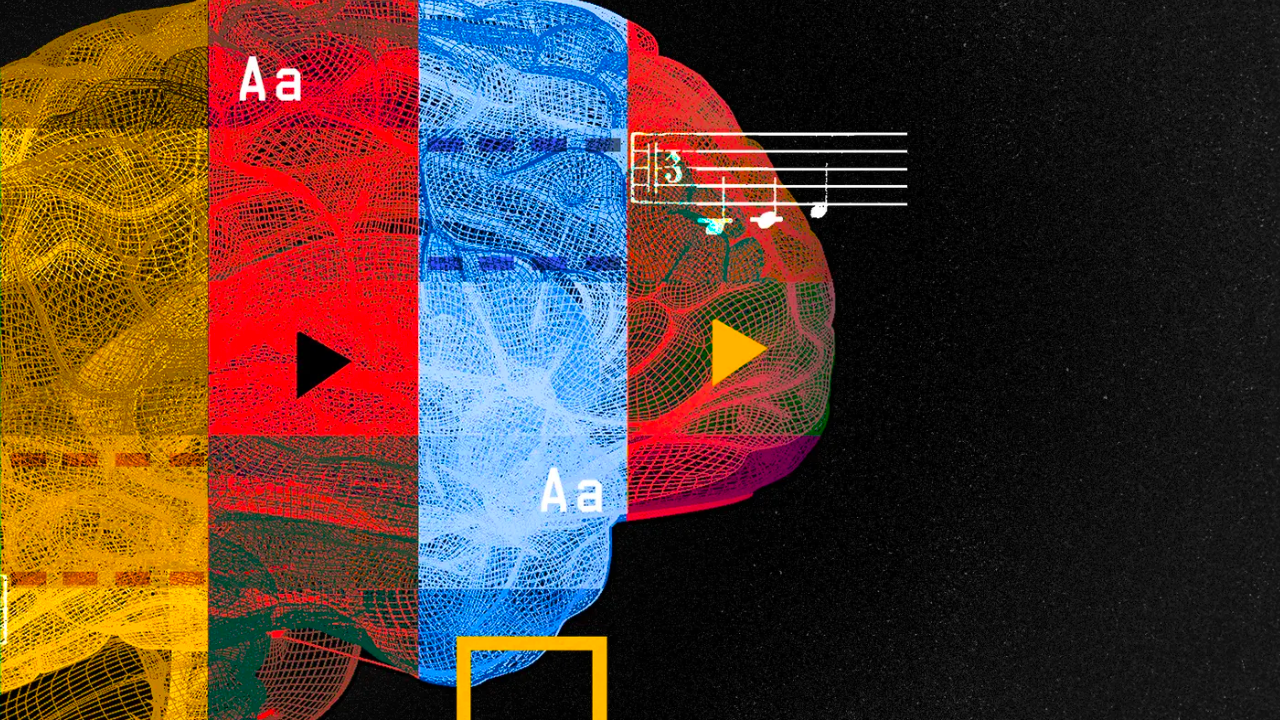
Google Gemini The new Artificial intelligence that has historically experienced phases of stagnation, known as “AI winters,” is where progress seems to halt and funding becomes scarce. These periods were often marked by a sentiment that achieving true machine intelligence was an insurmountable challenge. However, Google’s launch of Gemini, touted as a revolutionary AI model and the company’s most advanced yet, indicates that we are far from another AI winter. The year following the debut of ChatGPT has been a milestone for AI, and it appears that we are just witnessing the beginning of a significant AI surge.
When OpenAI first introduced ChatGPT as a modest research experiment in November 2022, expectations were moderate. It was initially a platform to test new interfaces for their expansive text-generating models. Nonetheless, ChatGPT’s versatile capabilities, ranging from crafting essays and poems to solving coding queries, caught many off guard and ignited a technological frenzy. The subsequent integration of GPT-4 into ChatGPT raised the bar even higher, prompting calls for OpenAI to temper its pace.
Despite these concerns, the industry didn’t slow down, and Google’s recent announcement of Gemini has further escalated the AI race. Google had already made moves earlier this year with Bard, a direct response to ChatGPT, utilizing its previously developed but undisclosed chatbot technology. With Gemini, Google aims to transcend traditional text-centric large language models (LLMs), heralding a new phase of AI innovations distinct from those spurred by ChatGPT.

Gemini is described by Google as a “natively multimodal” model, capable of assimilating data from various sources including text, audio, video, and images. While ChatGPT has demonstrated that AI can glean substantial knowledge from text, some limitations are inherent in text-only models. Google’s Gemini aims to address these limitations, offering a broader understanding of physical reality and overcoming the challenges associated with LLMs, such as misinformation generation and security vulnerabilities.
Ahead of the Gemini launch, WIRED interviewed Demis Hassabis, the lead developer of Gemini and the brain behind AlphaGo. Hassabis expressed enthusiasm about Gemini’s novel features, which he believes will significantly enhance Google’s offerings. However, he also acknowledged that to achieve AI systems capable of understanding the world in ways current chatbots cannot, a blend of LLMs with other AI techniques is necessary.
Both Google and OpenAI recognize the need for innovative approaches in AI. OpenAI’s secretive project, Q*, indicates its exploration of ideas beyond mere scaling of existing systems. OpenAI CEO Sam Altman echoed this sentiment, suggesting that the future of AI lies beyond just larger models and that other enhancements are needed.
Google’s Gemini may represent a step beyond ChatGPT’s capabilities, but what stands out is both companies’ commitment to pursuing advancements that go far beyond today’s chatbot technologies.

Conclusion 1: In conclusion, Google Gemini represents a pivotal moment in the evolution of artificial intelligence. As it challenges the established norms set by OpenAI’s ChatGPT, Gemini introduces a new realm of possibilities in AI with its multimodal approach. This breakthrough underscores the continuous need for innovation and adaptation in the AI industry. Google’s ambition with Gemini not only highlights the potential for AI to transcend traditional text-based models but also sets the stage for future advancements that could redefine our interaction with technology.
As the AI landscape continues to evolve rapidly, Gemini’s launch is a clear indication that the journey towards more sophisticated and versatile AI systems is far from over, promising a future where AI’s understanding and integration into our digital lives are deeper and more meaningful.
Conclusion 2: Ultimately, the introduction of Google Gemini marks a significant milestone in the generative AI boom. By pushing the boundaries of what AI models can achieve, Google has laid down the gauntlet for its competitors, notably OpenAI. Gemini’s advanced features, which extend beyond the realms of text into audio, video, and imagery, indicate a future where AI’s applications are more diverse and impactful.
This innovation not only heralds a new chapter in AI development but also challenges us to reconsider the potential and direction of artificial intelligence. As we witness these technological giants stride towards increasingly sophisticated AI models, it becomes evident that the field is rapidly advancing toward an era of AI that is more intuitive, interactive, and integrated into our daily lives. The emergence of Gemini is not just a testament to Google’s prowess in AI but a beacon for the endless possibilities that lie ahead in the realm of artificial intelligence.

Discover special offers, top stories, upcoming events, and more.

As an Amazon Associate I earn from qualifying purchases. Copyright © 2023 Curious With AI
